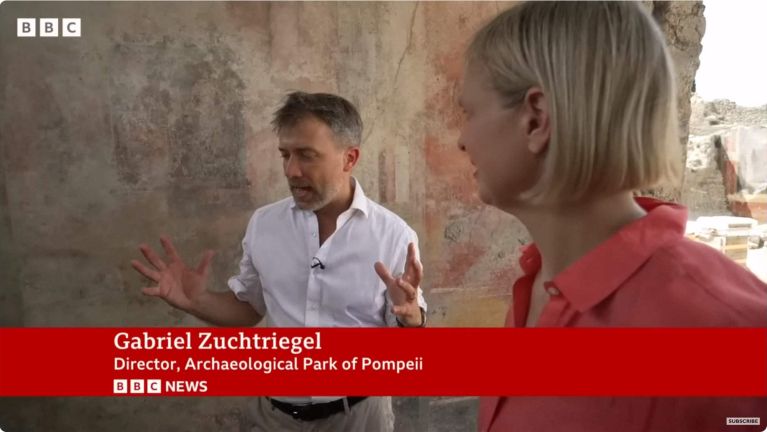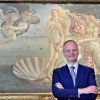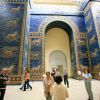“We need to open up the work done by museums”
German-Italian Gabriel Zuchtriegel, director of the UNESCO World Heritage Site Pompeii, on cultural dialogue and interactive museum work.

Dr. Zuchtriegel, you recently published your book about Pompeii, “Vom Zauber des Untergangs – Was Pompeji über uns erzählt”. What connects ancient Pompeii with our world today?
Every generation has its own view of antiquity which it acquires through its engagement with this era. Today we can see that there’s still a lot to be done to open up the work done by museums and archaeology to as many people as possible and make it accessible – and create a narrative that reflects the complex realities of how people lived in antiquity. The focus to date has too often been on the largely male elite in ancient Greek and Roman cultures. But what about the 80 percent of Pompeii’s population who didn’t belong to this elite and have not yet been the focus of research or presentation?
How does work at sites like Pompeii need to change to become more open in this respect?
We’re currently working on an exhibition with the working title “The Other Pompeii – Ordinary Lives in the Shadow of Mount Vesuvius”, for example, where we take a more differentiated look at the living conditions in ancient times. It is fundamentally important that we no longer exaggerate the importance of antiquity in comparison with other cultures; this is something that has emerged in debates on postcolonialism in recent years, too. What is more, the work of museums and archaeological parks has to become more interactive. It has been a one-way street for too long. We have to give a voice to the people who come to us, too.
Dieses YouTube-Video kann in einem neuen Tab abgespielt werden
YouTube öffnenThird party content
We use YouTube to embed content that may collect data about your activity. Please review the details and accept the service to see this content.
Open consent formPeople from all over the world visit Pompeii. How international is your work?
Very international – we work with teams from numerous different countries here. In recent years we’ve introduced an annual workshop event where researchers present their work to each other. This reveals the differing perspectives, methods and questions they bring to Pompeii. International dialogue is not a theoretical matter for me personally, either. I worked across borders early on, studied under the Erasmus programme, and went on to obtain Italian citizenship as a German national. European unification has achieved a lot in the past decades; that’s something we tend to forget.



